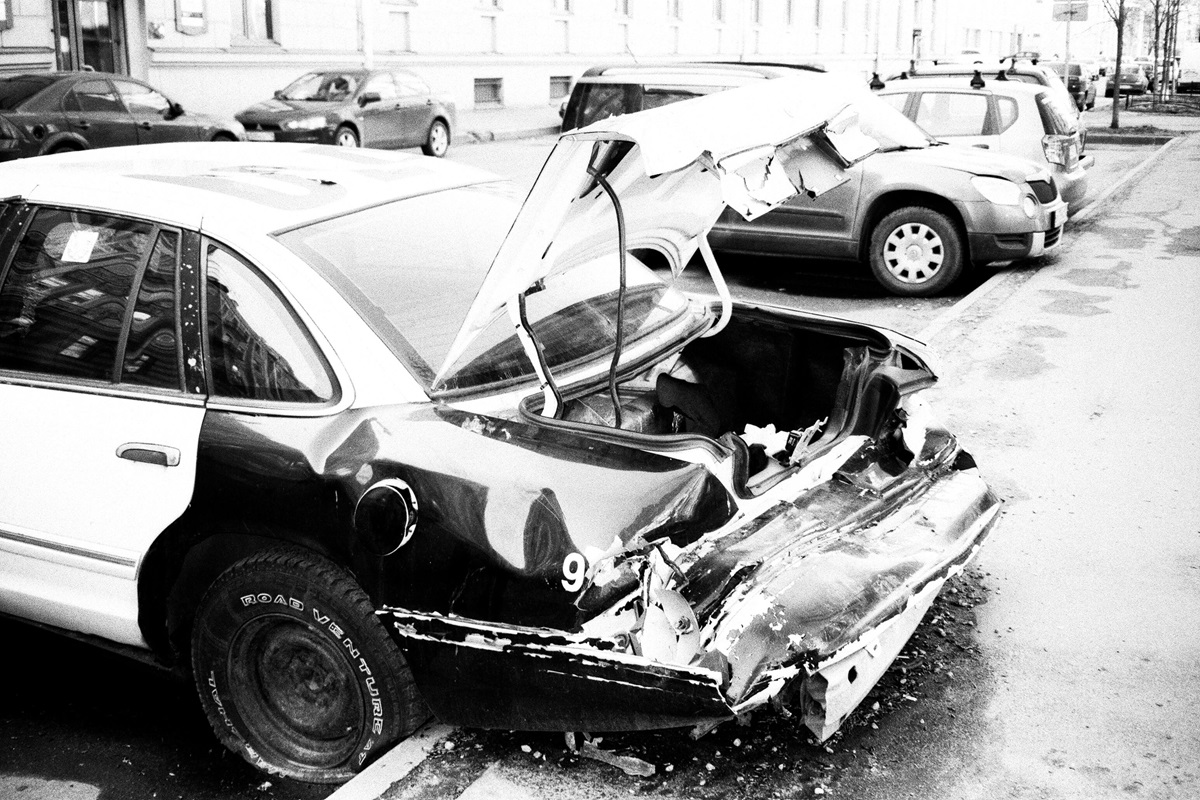Contents of this Post
ToggleAre you worried about missing the deadline to file a lawsuit? Or have you been in a car accident in Illinois and wondered how long you have to file a claim? — If yes, then you are in the right place to get the answers you need.
This guide explains everything you need to know about the statute of limitations for car accidents in Illinois. Understanding these limitations can play a crucial role if you are considering consulting an Orland Park car accident lawyer to help with your case.
So, let’s dive in and first understand what the statute of limitations actually is.
What is the Statute of Limitations?
The statute of limitations is a legal deadline that sets the maximum time you have to initiate a lawsuit after an accident. In Illinois, the statute of limitations for car accidents is typically two years from the date of the accident. You have two years to file a personal injury lawsuit if you’ve been injured.
The statute of limitation is known as the prescriptive period in the civil law system and it is typically part of the legal framework that governs how long parties have to bring legal action. It is designed to ensure that cases are brought to court within a reasonable time frame, which allows for the preservation of evidence and the availability of witnesses.
What are Exceptions to the Statute of Limitations for Car Accidents in Illinois?
In Illinois, while the general statute of limitations for car accidents is two years from the date of the accident, there are several exceptions that can affect this time frame. Here are some of the key exceptions:
Minors and Disabled Persons:
If the injured party is a minor or legally disabled when the accident occurs, the statute of limitations may be paused, or tolled. For minors, the two-year period usually begins when they turn 18.
Discovery Rule:
If the injury or damage wasn’t immediately apparent, the statute of limitations might begin on the date the injury was discovered or should have been reasonably discovered. This is known as the “discovery rule.”
Claims Against Government Entities:
If your claim involves a government entity, the deadlines can be shorter. For example, if the accident involves a state or local government vehicle, you might need to file a notice of claim within a year or even 90 days. It depends on the specific circumstances and government body involved.
Wrongful Death Claims:
If a car accident results in a fatality, the statute of limitations for filing a wrongful death claim is typically two years. It begins from the date of death and not the date of the accident.
Fraudulent Concealment:
If the defendant has fraudulently concealed their wrongdoing, the statute of limitations may be extended. In such cases, the period may start when the injured party discovers the fraud.
Uninsured or Underinsured Motorist Claims:
These types of claims might have different deadlines, often specified by the terms of the insurance policy rather than state law. It can sometimes extend beyond the typical two-year period.
It’s crucial to be aware of these exceptions, as they can significantly impact your ability to file a claim. Consulting with a knowledgeable attorney, such as an Orlando Park car accident law firm, can help ensure you understand and meet all necessary legal deadlines.
Types of Damages You Can Claim for Car Accidents in Illinois
In Illinois, the law operates on a fault-based system rather than a no-fault system. That means the party responsible for causing the accident is liable for compensating the injured party.
As a result, if you are injured in a car accident due to someone else’s negligence, you can seek compensation for various types of damages. Below is a table that outlines the types of damages you may be entitled to and the legal basis for each claim.
| Type of Damage | Description | Coverage from At-Fault Party |
| Medical Expenses | Covers the cost of medical treatment, rehabilitation, and future medical needs due to injuries. | Based on negligence and liability rules in Illinois. |
| Lost Wages | Compensation for income lost because you were unable to work following the accident. | Recoverable if the at-fault party’s negligence caused the loss. |
| Pain and Suffering | compensation for the mental and bodily suffering brought on by the accident and the injuries sustained as a result. | Evaluated based on the severity and impact of injuries. |
| Property Damage | Covers the repair or replacement cost of your vehicle and other personal property damaged. | The at-fault party’s insurance is typically liable. |
| Loss of Consortium | Compensation for how the injuries affect your relationship with your spouse or family. | Requires proof of a significant impact on personal relationships. |
| Punitive Damages | Awarded to the at-fault party as retribution in situations involving extreme negligence or deliberate misbehaviour. | Rarely awarded, but possible under Illinois law. |
| Disfigurement | Compensation for permanent scars or disfigurement resulting from the accident. | Based on the extent of disfigurement and its impact on life. |
| Loss of Normal Life | Compensation for reduced ability to enjoy life due to accident-related injuries. | Evaluated by assessing the change in lifestyle and activities. |
Timing Matters Within Statute of Limitation
Filing your claim within the statute of limitations is important for preserving your right to seek compensation. If you miss the deadline, the court will likely dismiss your case, and you may lose the chance to recover compensation. Consulting with an Orland Park car accident lawyer early on can help ensure that you meet all necessary deadlines and take the right legal steps.

